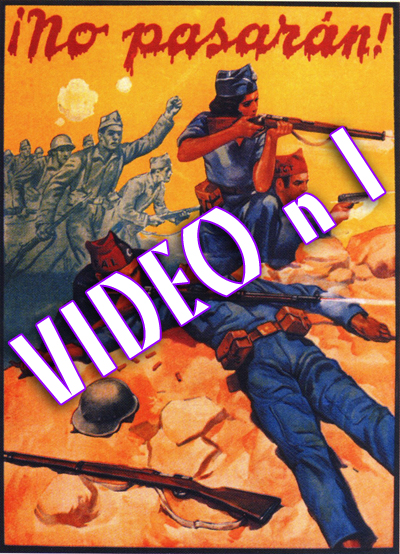CONCERT HOMMAGE TO THE SPANISH ARTISTS OF THE REPUBLIC
"MUSIC AND POETRY"
april,14 2007
Salle Cortot, Paris
Theme :
This is to revive - through a concert - the lost generation, called "generation of the Republic", of these Spanish musicians and poets, who have suffered in their personal artistic development, tragic circumstances that followed the military rebellion July, 1936.
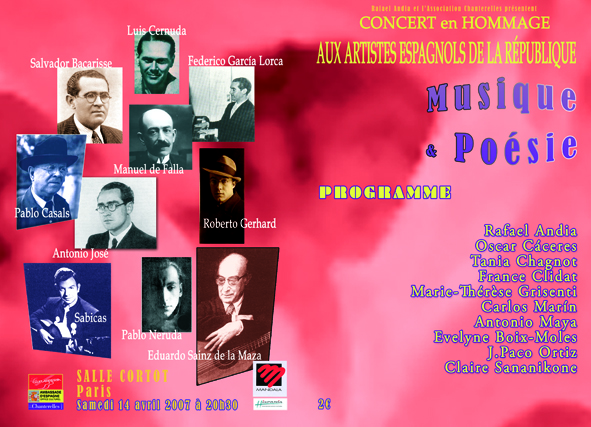
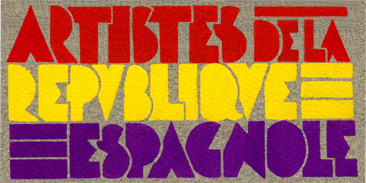
with participation of :

Association Hispania

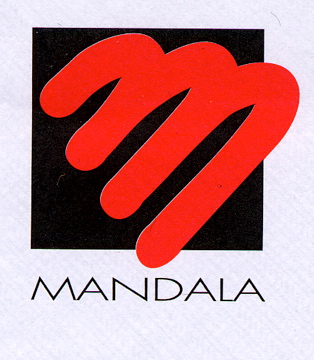
Casa de Cataluña
THE INTERPRETES
Evelyne Boix-Moles, poetry
Oscar Cáceres, guitar
Tania Chagnot, guitar
France Clidat, piano
Carlos Marin, guitar
Antonio Maya, flamenco guitar
J-Francisco Ortiz, guitar
Claire Sananikone, guitar
Marie-Thérèse Grisenti, cello
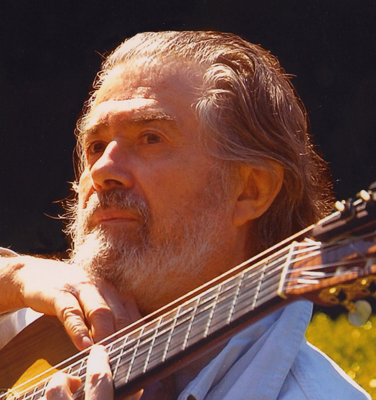
Rafael Andia
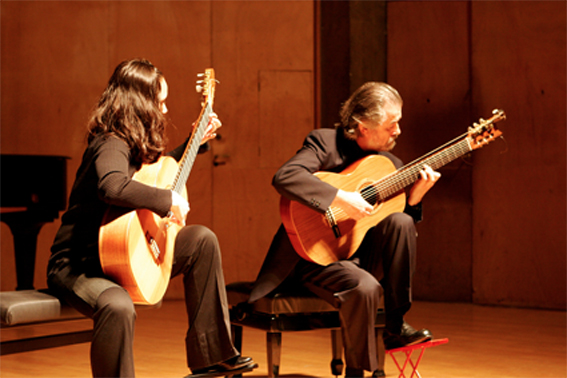
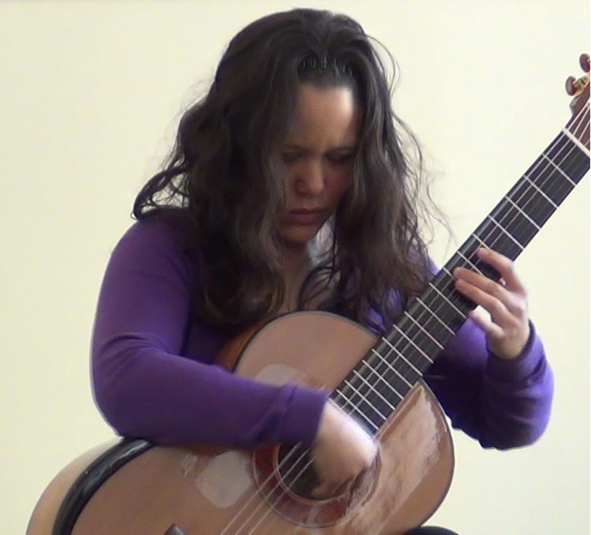
Claire Sananikone
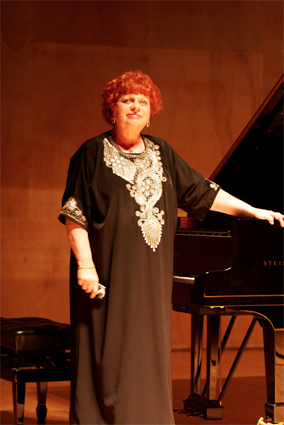
France Clidat
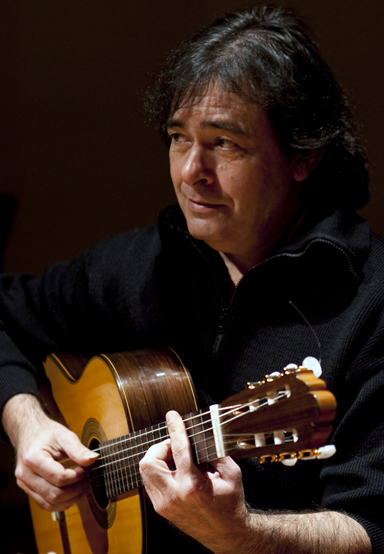
Carlos Marin
PROGRAMM
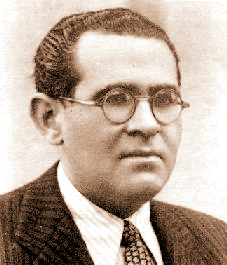
SALVADOR BACARISSE (1898-1963)
Composer and music manager in Madrid, host of a "Group of the 8" in imitation of the French "Group of the 6" before his final exile in France in 1939.
BALLADE for guitar by Carlos Marín
ANTONIO JOSÉ (1902-1936)
This highly talented musician was shot in October 1936 by the Falange in Burgos. Ravel said of him: "... the great Spanish musician expected by our century ..."
PAVANA pour guitare par Carlos Marín
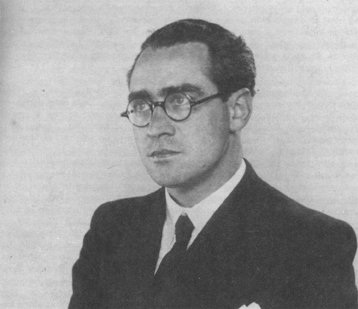
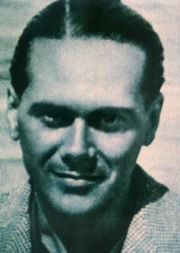
LUIS CERNUDA (1902-1963)
The poet had to flee his country in 1938. He was part of a generation of exiled writers to be called "the generation without readers."
"1936" POEM by Evelyne Boix-Moles
PABLO CASALS (1876-1973)
The great Catalan, not only refused any proposal to return to Spain, like a Picasso, but gave up playing the cello to mark its disapproval of laxity of the international community towards the new Spanish regime.
EL CANT DES OCELLS for cello solo by Marie-Thérèse Grisenti
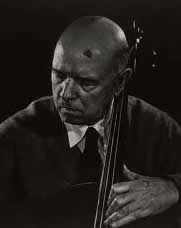
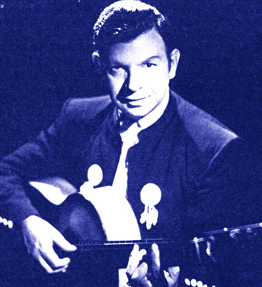
SABICAS (1912-1990)
The most famous flamenco guitarist of his generation, exiled in 1937, remained in New York for 30 years before returning to Spain.
FARRUCA "DELICADA" and SIGUIRIYA GITANA for flamenco guitar by Antonio Maya
PABLO NERUDA (1904-1973)
Chilean poet, a friend of Garcia Lorca, was also an active and unconditional support of the Spanish Republicans.
"Plein Octobre" POEM by Evelyne Boix-Moles
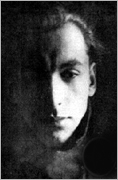
RAFAEL ANDIA
INMEMORIAL " revolucionario" for two equal guitars by Claire Sananikone and the composer
Work written using musical themes of the War in Spain 1936-1939.
Videos of the concert, salle Cortot, 14/04/2007 :
EDUARDO SAINZ DE LA MAZA (1903-1982)
Close to the Republic unlike his brother Regino, he was one of the few that was not forced to exile.
SOÑANDO CAMINOS for guitar by Oscar Cáceres
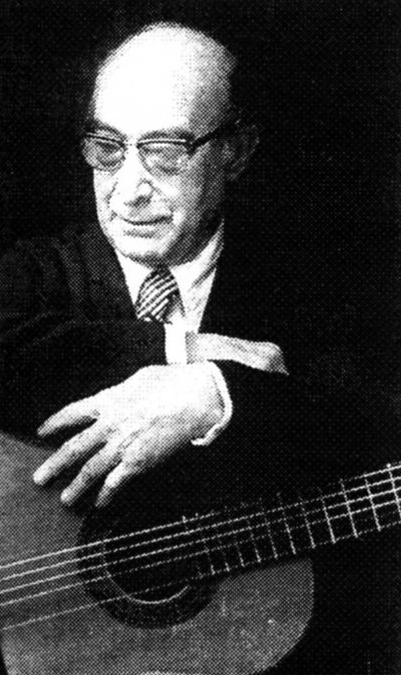
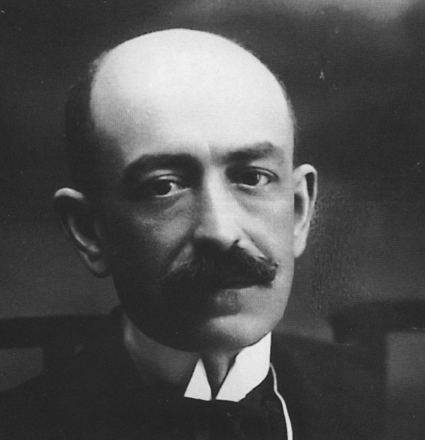
MANUEL DE FALLA (1876-1946)
Friend of Garcia Lorca, he left Spain in 1939 and refused any proposal to return from the victorious government.
HOMMAGE for the Tombeau de Debussy by Oscar Cáceres
FEDERICO GARCIA LORCA (1899-1936)
The " murdered poet" shot by the Guardia Civil realized an accompaniment for piano for old songs he rendered popular around the world. They have been used in many versions.
CANCIONERO for solo guitar by J-Francisco Ortiz
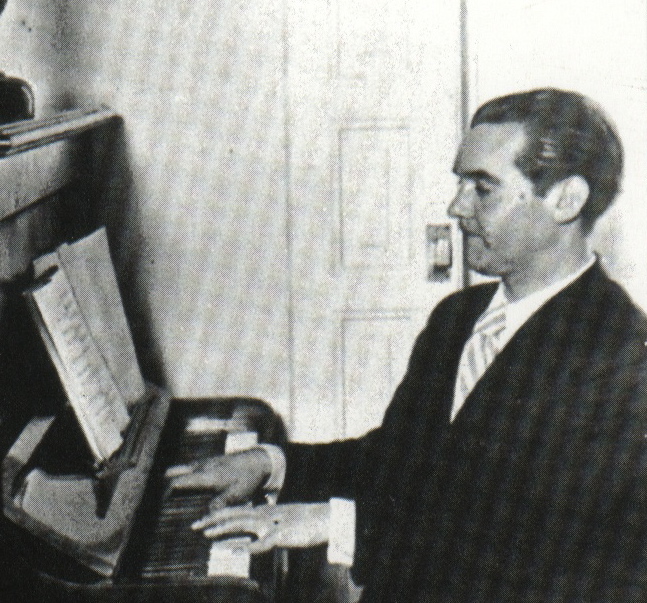
Audio :
Anda jaleo (extract)
from the "Canciones
Flamencas Antiguas" for two guitars composed by Rafael Andia
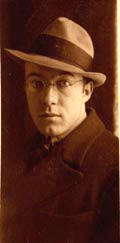
ROBERTO GERHARD (1896-1970)
Pupil of Granados and Schönberg, modernist, this very admired composer was part of the "Group of Independent Catalan Composers' before his final exile in London in 1939.
FANTASIA for solo guitar by Claire Sananikone
EDUARDO SAINZ DE LA MAZA
HABANERA for guitar by Tania Chagnot
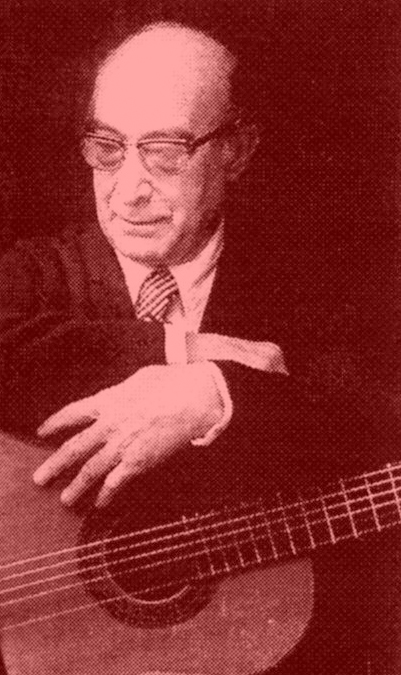
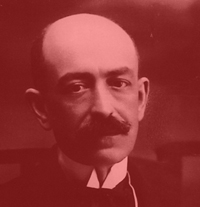
MANUEL DE FALLA
ARAGONAISE, ANDALUZA AND DANSE RITUELLE DU FEU for piano by France Clidat
FEDERICO GARCIA LORCA
POEMS by Evelyne Boix-Moles
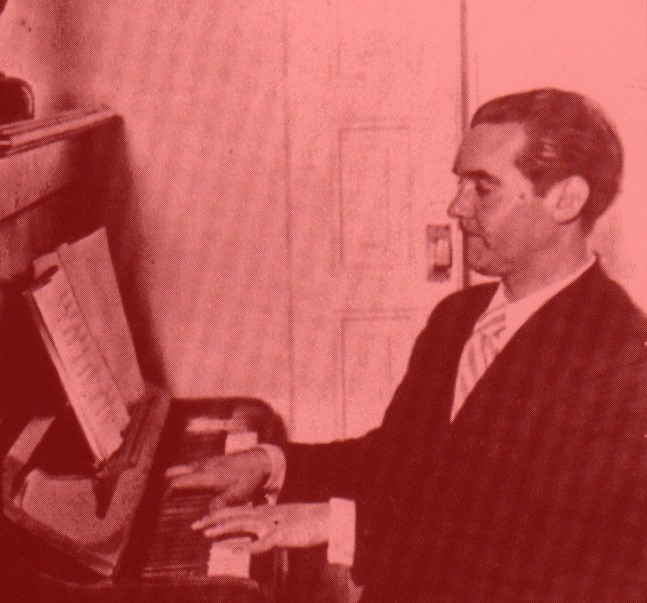
april, 14, 2007- april, 14, 1931
Commemorate the Spanish Republic and its ideals? The Civil War and its victims? The deportees and resistance fighters, its resistance? Remember the 36 years of the dictatorship that followed? Listen and give to listen the sound of silence and the voices of the artists of that time?
Live, share a memory that is a present.
MUSIC AND POETRY want to make a careful and grateful tribute homage of allegiance to these women, these men for whom "freedom", "justice" were so few empty words they marched into exile, they risked their lives - and often lost - by choice of this bread, this light that we are greedy.
"Poetry required / As the daily bread ..." said the poet Gabriel Celaya.
This bread, this poetry - the construction of tens of thousands of schools testify - the Spanish republic tried, from 1931 to 1936, to include them in the day; but the military coup of July, ended at this point of the history of Spain; and began with the Civil War and the dictatorship of Franco, the red series 380 000-451 000 deaths that followed.
Lorca! Your name, your poetry, did not die under the bullets of the soldiers: your name, your poetry continue to proclaim silently half a million dead from this fratricidal struggle.
Miguel Hernandez! Your commitment, your poetry did not die in the cold of the prison: your commitment, your poetry always tremble in dizziness famine.
"¡No pasarán!": The cry of resistance still resonates. But it was another half a million Spaniards who had to pass the border, leaving the country.
The then "¡No pasarán! " now seem ridiculous. Are they no longer needed, more demanding than ever?
"Caminante, no hay camino / se hace camino al andar" (Walker, there is no way / It's walking that is making the way) told the poet Antonio Machado, who died in Collioure little time after fleeing Spain in 1939.
Yes, no doubt we are - everyone - doomed to exile. To express this exile, only one verse is enough to Vicente Aleixandre who, precisely, despite his leftist ideas, not left Spain after the Civil War: "We're a flash between two obscurities" ... Certainly. And probably among the thousands of languages that exist on this planet, is one where "exile" and "man" are synonymous!
When in exile there is also political history, the score will have to play without the exiled necessarily know the key. Exile to the power of 2?
And, for the creator in his own country, who knows to turn it into art, the experience of exile, what happens? More ease? More discomfort?
"What interests me is to be a man" says Albert Camus who knew a lot about the exile - and who supported the cause of the Spanish Republicans. But being a man, in this case, it is also not to abdicate from the requirements of art; and exile, at least initially, will deserve these demands by the disappearance of the usual cultural soil (daily breathing, institutions, networks, artistic environment ...).
This Generation of Artists of the Republic was sometimes considered a lost generation. For writers, we even spoke of "Generation without readers" ...
Cernuda ... In France, England, the United States .. it is in spanish he continued the fulfillment of his poetry. The flow, the sounds of the language he used, he only found the end of his life ... in Mexico!
Sabicas ... Can you imagine what exile meant to the guitarist, flamenco star of the sixties and seventies? How, did he live in a remote New York at odds with his origin fire ?
Manuel de Falla, Salvador Bacarisse, Roberto Gerhard ... How did you manage to continue without ever hear (if not in the memory of the body - where hearing becomes living) these streets, these rhythms of daily life and centuries, the music of cries and rumors?
And Antonio José? ...
Maurice Ravel told you "The great Spanish musician expected by our century ..."
Nonexistent forever your work.
Shot, your 34 years.
Guitars, guitars, that Pablo Picasso painted because he can not hear you!
Concussions like those of the Spanish Civil War did not end, of course, on the dates indicated by the history books ...
It was said of "Guernica" by Picasso, it was one of the loudest pictures that could be. (Yet the centuries have left us many pictures and masterpieces regarding battles, wars ...). The painter, settled in Paris since 1904, is mad at the carnage and made it the symbol of a new era in which "man is deprived of the experience by the disaster", * an era will soon arise Hiroshima and Nagasaki ...
Other destruction, however, other struggles engaged in silence depths: other conflicts that always do not lead to life. Claude Esteban who was a year old at the beginning of the Civil War, was raised in France in a bilingual environment. In an essay "The sharing of words" with a style transparent as crystal, the writer comes down to depths of introspection to explain the tear that was for him to have to choose between two languages: the possession of Spanish and French, when wealth is simply to communicate, was, for the poet, a traumatic exile, a drama. We know, we, readers, Claude Esteban came out of this tragedy by the door of life as it is given to read, beyond the death of the writer, the work so subtle, this high humanity testimony (finally written - likely - in French). And we are considering again and again to all those whose doors of life did not open ...; and we all understand those who, like Pablo Casals, did with their art, their lives, a commitment, a journey in the service of democracy. (*)
"Poetry is a future loaded gun," Gabriel Celaya severed in a text that generous voice Paco Ibañez * - another child of the Republic - broadcasted in environments where, perhaps, the poems would never be able to go... as Federico Garcia Lorca, with his traveling troupe "La Barraca", brought classical works of Spanish theater in front of the villagers, Paco Ibañez, chose in the Spanish Golden Age jewels which he distributed to all: Góngora, Quevedo shone again all their lights. And with them, Paco Ibañez sang the light of poems of the Republic: Blas de Otero, Rafael Alberti, Miguel Hernandez, Luis Cernuda ... Texts affirming humanistic values, poems shouting or chasing up the beauty ... to live, share.
Pablo Casals, also convinced by the organic link between culture and democracy, had a weapon in his cello; during his long life, the musician, with unwavering faith in art and in the values that it can transmit, tried to promote access to music for the greatest number: He created orchestras and associations concerts, he played during the Civil War, in turbulent conditions. As for his recordings, they will still inhabited by the energy, enthusiasm - out of borders - of life who believes, that grows in life.
Admiring the works of art, we are stirred by the correctness of the discourse of Miguel de Unamuno, philosopher and rector of the University of Salamanca; speech which responded in these terms to the "¡Viva la Muerte!" of General Milán Astray, founder of the Legion Etrangère : "You will conquer because you have more brute force than necessary. But you will not convince."
Life!
How many words, how many silences act ...
How many choices remain invisible ...
How many soldiers of the International Brigades died close to the Republicans for an ideal they felt worthy ...
How many Spanish refugees enlisted, subsequently, in the resistance against the German invasion ...
How many exiles barely literate saw their children take to school ...
How many hands stretched over the gesture that never went out.
How many painters, musicians, writers, sculptors, filmmakers were able, against all odds, to answer the requirements of art and share with everyone, those countries that expand our perception, which destroy the boundaries of space, of time that exile exile and give rise to smile ...
"At the expropriation of experience [art] responds by making the expropriation a reason to survive." *
Refusing with Manuel de Falla, expanding with Pablo Casals, be free with Joan Miro, building with Luis Buñuel, persevere with Salvador Espriu, living with Gabriel Celaya, creating with one and all, and repeat:
"Poetry required / As the daily bread ..."
Text by Evelyne BOIX-MOLES
